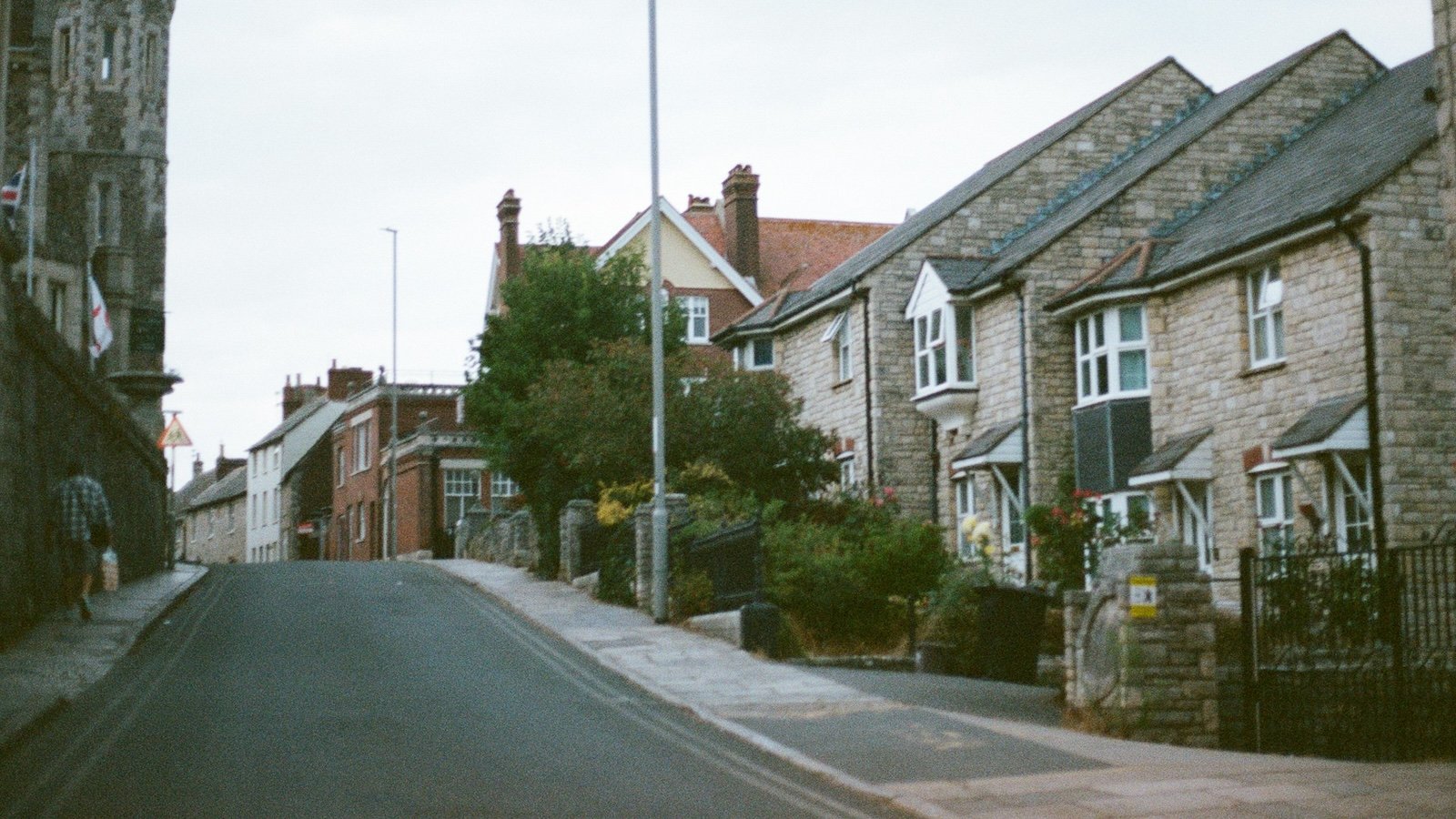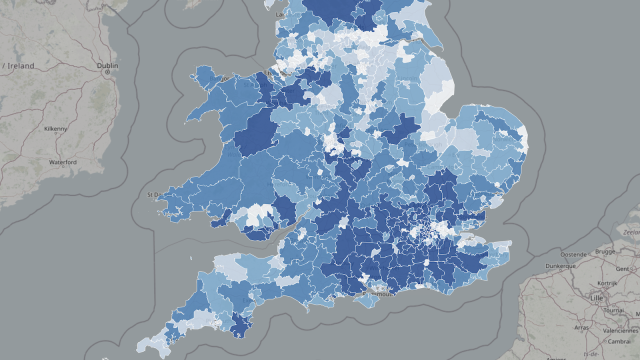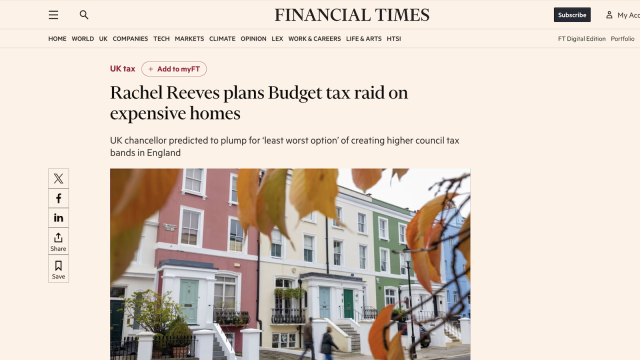Council tax is unpopular, not least to a perception that it’s relentlessly going up. But is that true? If we take inflation out of the numbers, and express everything in today’s money, has council tax actually gone up?
Did council tax bills go up?
Here’s the average Band D council tax for England, Wales and Scotland:
English council tax has doubled. Welsh council tax has gone up more than three times. Scottish council tax is largely unchanged.
We should, however, be careful when using the “average Band D” figure. That’s the official statistic, because Band D is the “benchmark” from which the other bands are calculated – but that doesn’t mean Band D reflects the average council tax. The mix of bands varies by local authority (thanks to the hopelessly out of date 1991 valuation basis). The raw “Band D” figure also ignores council tax support (a locally-managed discount for people on low incomes).
So if you are a household that pays council tax, without support, then the chart is probably a good guide to what you’ve actually experienced.
If we want a more general view, we can use the ONS figures for council tax receipts, and divide that by the ONS data for number of households. This gives us a measure of average council tax per household, across the UK:
We see a similar picture, with average council tax doubling.
Why did council tax increase?
Two reasons.
First, because central government funding declined. This chart from the IFS shows total council funding per capita in real terms (the blue line):
Second, because demographic change meant that the demand for social care greatly increased over this period. Councils are required by statute to provide this – so other services were cut:1
So the ultimate answer is that local taxation has increased because councils have been required to take on the burgeoning cost of social care, and at the same time central Government funding has reduced. That’s in the wider context of overall taxation increasing, but the income tax and national insurance burden on the average worker having fallen. Probably fair to say that council tax rising is a consequence of tax not rising (for most people).
Photo by Tanya Barrow on Unsplash
Footnotes
Data is from Table 1 in this IFS report, Real-terms spending per person by service area, various years (2024–25 prices). ↩︎









Leave a Reply